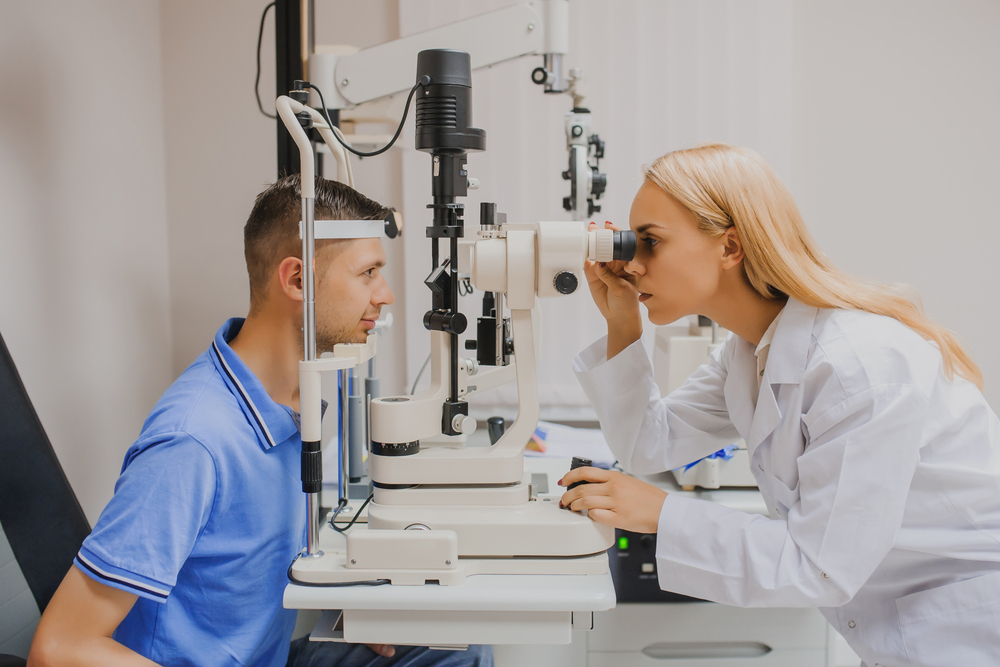
Advancements in eye care technology have revolutionized the way eye diseases are detected and managed. One of the most significant breakthroughs is retinal imaging, a cutting-edge diagnostic tool that allows optometrists to assess eye health with remarkable precision. This non-invasive technology provides a detailed view of the retina, helping to detect early signs of eye conditions before noticeable symptoms arise.
What is Retinal Imaging?
Retinal imaging uses digital cameras to capture high-resolution images of the retina—the light-sensitive tissue at the back of the eye. These images allow eye care professionals to monitor changes in eye health over time, making it easier to detect and manage conditions that could lead to vision loss.
How Retinal Imaging Helps Detect Eye Diseases Early
Many serious eye diseases develop gradually, often without obvious symptoms. Retinal imaging can help identify the earliest signs of conditions such as:
• Glaucoma – This condition damages the optic nerve and can lead to permanent vision loss. Retinal imaging allows for early detection of nerve fiber thinning, a key indicator of glaucoma.
• Diabetic Retinopathy – Individuals with diabetes are at risk for retinal blood vessel damage. Imaging can detect early changes before vision problems begin.
• Age-Related Macular Degeneration (AMD) – Retinal imaging can identify the early stages of AMD, allowing for proactive management to slow progression.
• Retinal Detachment – This sight-threatening condition requires urgent care. Imaging can reveal small retinal tears before they lead to detachment.
Why Retinal Imaging is the Future of Eye Care
The ability to detect diseases in their earliest stages is transforming the way optometrists approach eye health. With advancements in technology, retinal imaging has become an essential tool for proactive vision care, offering several key advantages.
One of the most significant benefits of retinal imaging is early detection and prevention. By identifying potential issues before symptoms appear, optometrists can implement effective treatment strategies to slow or prevent disease progression. This proactive approach can make a critical difference in preserving long-term vision.
Another advantage is that the procedure is non-invasive and quick. Retinal imaging is painless and, in many cases, does not require pupil dilation. The process takes only a few minutes, making it a convenient option for patients of all ages.
Additionally, retinal imaging enables detailed monitoring of eye health over time. High-resolution images allow optometrists to track even the smallest changes in retinal structure, making it easier to detect early signs of disease and adjust treatment plans accordingly.
Schedule Your Retinal Imaging Exam Today
At Diamond Bar Optometric Center, we are committed to using the latest technology to protect and preserve your vision. Our Optos retinal imaging service provides a thorough assessment of your eye health, allowing for early disease detection and personalized care.
Schedule a comprehensive eye exam with Diamond Bar Optometric Center, and take advantage of retinal imaging technology for early disease detection and long-term vision care. Contact our office in Diamond Bar, California, by calling (909) 861-4999 to book an appointment today.





